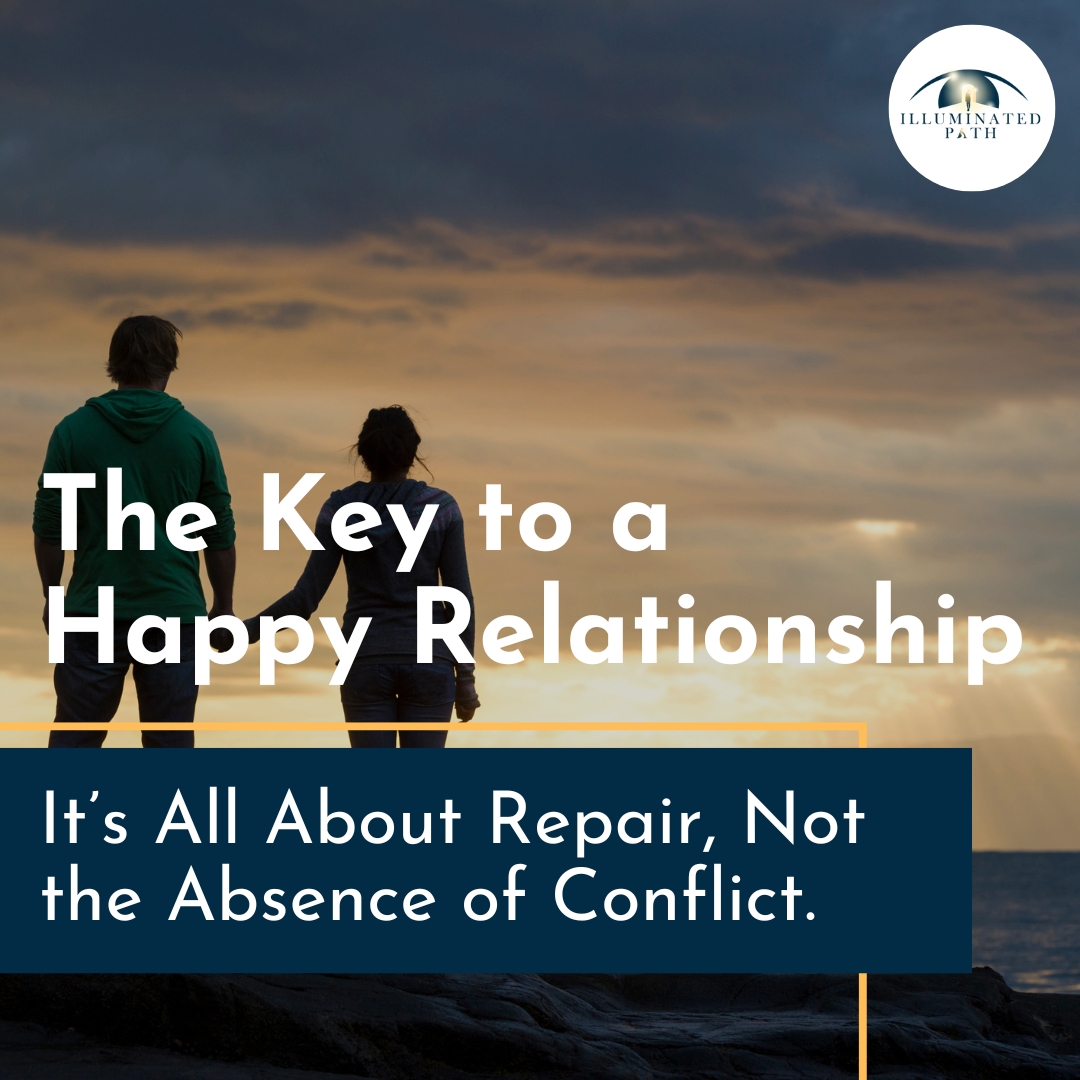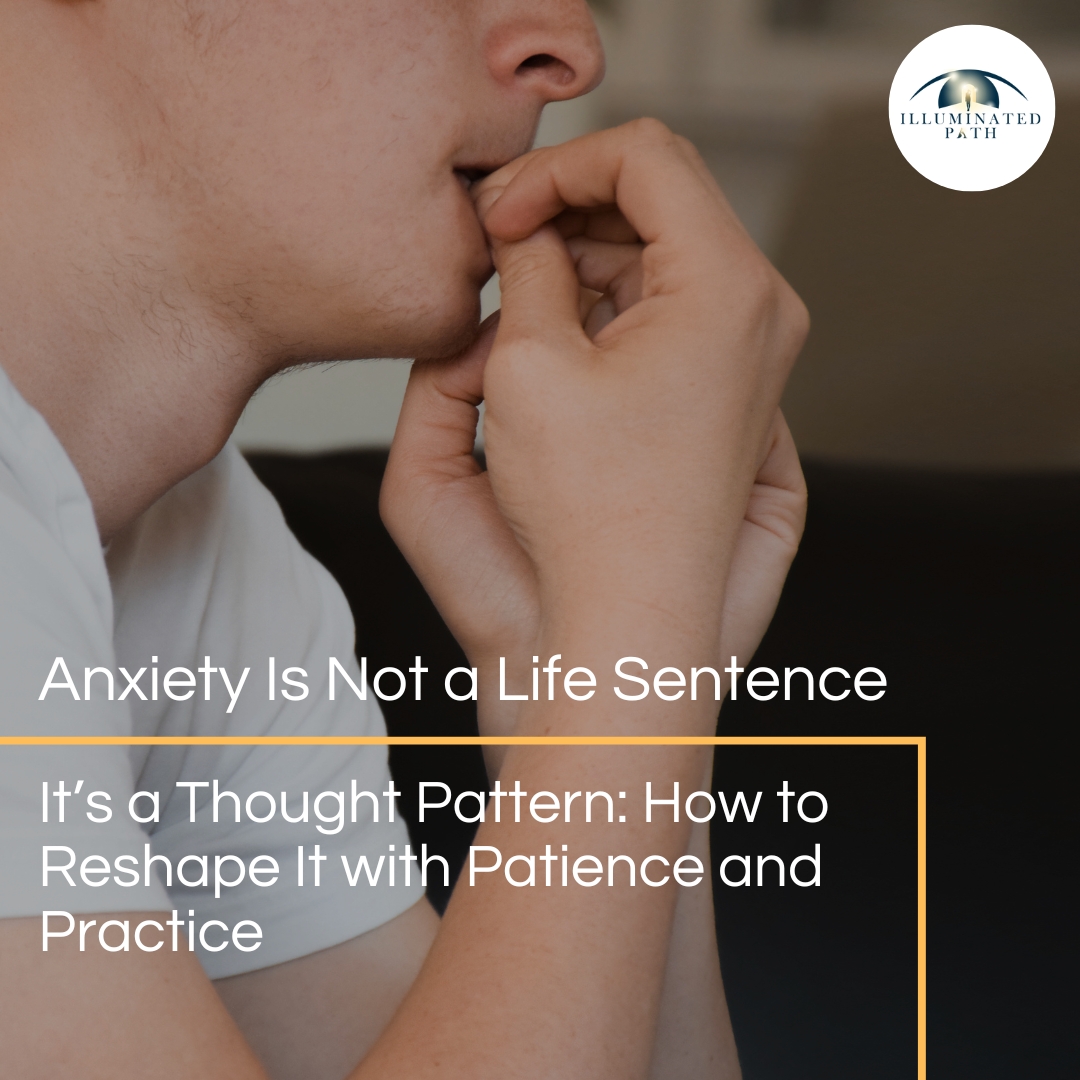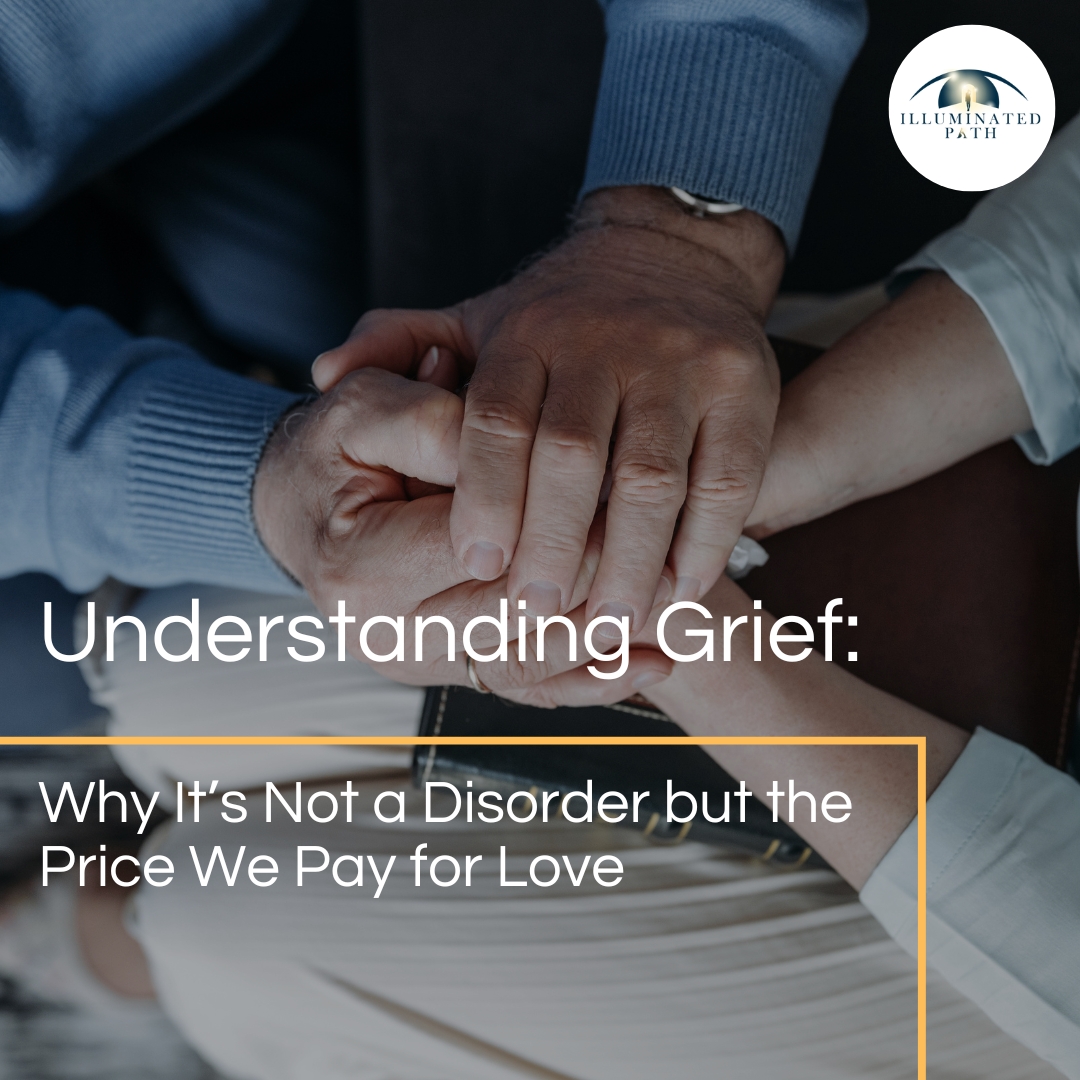
In the world of relationships, conflict is inevitable. Even the happiest couples argue, but what sets thriving relationships apart is how partners handle disagreements. John Gottman, a renowned psychologist and relationship expert, encapsulates this truth with his famous quote:
“The key to a happy relationship is not the absence of conflict, but how you repair it.”
This idea is more than just philosophical—research backs it up with compelling data. Gottman’s studies, conducted at the University of Washington, have shown that 69% of conflicts in relationships are perpetual problems, stemming from fundamental differences in personality, needs, or preferences. The real test of a relationship isn’t whether couples argue but whether they engage in repair attempts to resolve or manage these differences effectively.
The Science of Repair Attempts
Gottman’s research also revealed that couples who remain together happily over the long term excel in what he calls “repair attempts”—small actions or communications used to de-escalate tension and reconnect during or after a conflict. These repairs can be as simple as:
- Apologizing sincerely.
- Using humor to lighten the mood.
- Acknowledging the other person’s feelings.
- Suggesting a break to cool down before resuming the discussion.
Couples who succeed in these repair attempts are significantly more likely to report high satisfaction in their relationships. According to Gottman, successful repair attempts predict relationship longevity with over 80% accuracy.
Why Repair Matters More Than Harmony
The misconception that happy couples never fight can create unrealistic expectations. The truth is that conflict can be healthy—it often signals areas where partners need to grow together. What matters is how couples use conflict to build understanding, intimacy, and trust. Repair attempts are a cornerstone of this process.
Dr. Sue Johnson, the founder of Emotionally Focused Therapy, adds another layer to this insight:
“Emotional bonds deepen when partners repair emotional injuries and reaffirm their commitment to each other.”
This aligns perfectly with Gottman’s findings, emphasizing that the process of repair builds resilience in relationships.
Practical Steps for Better Repair Attempts
If you want to strengthen your relationship, consider these strategies:
- Pause and Reflect: Avoid letting emotions drive reactive responses during an argument. Take a moment to breathe and reflect on what your partner might be feeling.
- Express Vulnerability: A simple “I feel hurt because…” can open a dialogue rather than escalate conflict.
- Practice Active Listening: Repeat back what your partner says to show you understand, even if you disagree.
- Use Humor Sparingly: Laughter can be a great repair tool, but only if it feels respectful and well-timed.
- Revisit the Conflict: Not all issues can be resolved in the heat of the moment. Commit to discussing difficult topics later when both partners are calmer.
Final Thoughts
Conflict doesn’t have to be the enemy of a healthy relationship. When couples focus on repairing rather than avoiding disagreements, they create a stronger, more resilient bond. Gottman’s work reminds us that it’s not about perfection or harmony but about mutual effort and care.
As you navigate your relationship, remember this truth: it’s not the absence of conflict but the presence of repair that determines your happiness together. By mastering repair attempts, you can turn conflict into a tool for connection and growth.

The Author
Dr. Shadi Souferian Psy. D.
Licensed Clinical Psychologist
Therapist And Psychologist in Los Angeles And Beverly Hills.






